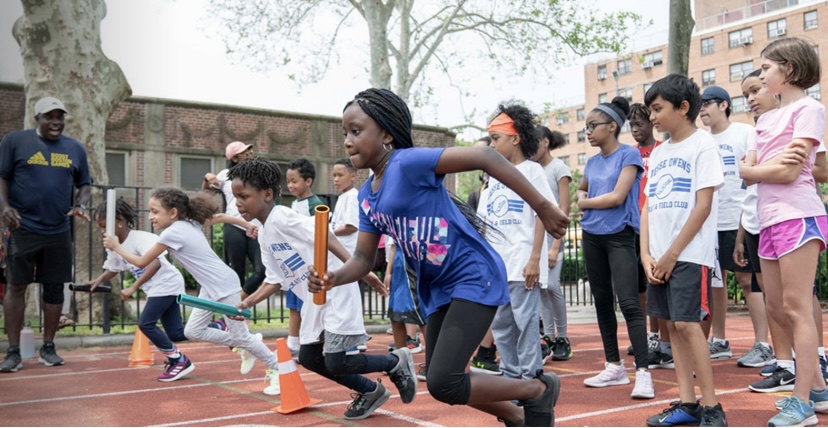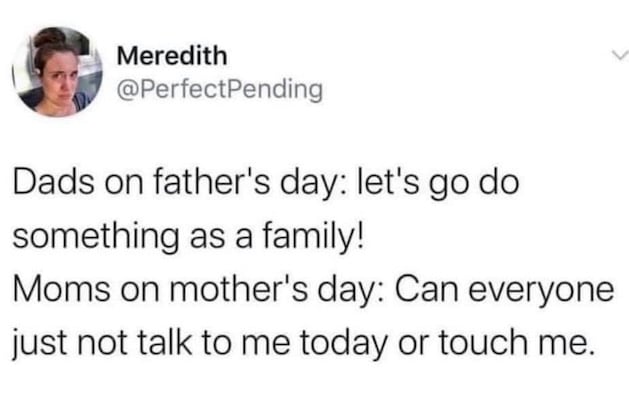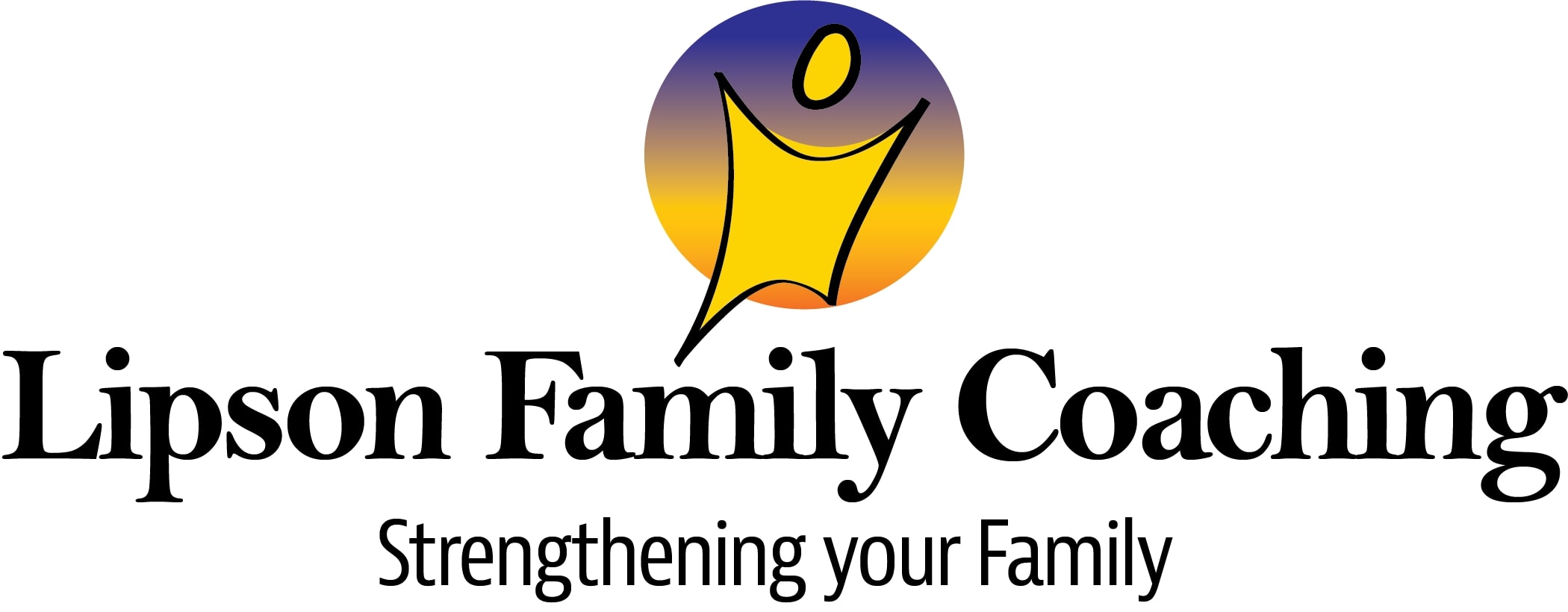Get the Best Family Activities
“Negative things will happen to all of us,” he confirms. “But often, we make it so much worse by dwelling on the past, beating ourselves up mercilessly for mistakes, and worrying about what might happen at some point in the future. I remember doing all of those things on a regular basis when I was a kid, and I certainly wasn’t the only one.
“From now on, when your child is faced with a problem or disappointment, sit down with him and make a list of all of the things he is good at—for instance, talented soccer player, wonderful big brother, great artist—and then point out how one mistake is a drop in the bucket amidst all of his other successes. Keep the list handy to pull out as a reminder in the future!”
Raise your kids to be helpers.
As adults, we know how great it can feel when we give back to others. Helping another person—whether it’s through service, teaching, or donating your resources—connects you to the rest of humanity in a powerful way. It also cultivates qualities like selflessness, empathy, and generosity, which are crucial building blocks when it comes to creating healthy, happy kids who grow into fulfilled, balanced adults.
“Sit down and talk with your kids about what it means to give back and why it’s important, and discuss all the ways to do it,” Patkin suggests. “Make sure they understand that giving back doesn’t just mean donating money, and that generosity is not limited to giving away things you no longer want. Then, make a list of projects that your kids are interested in participating in. Have conversations with them throughout the process, helping them to tap into how philanthropy makes them feel and who they’re helping.”
Give your kids the gift of gratitude.
Unless you live under a rock, you’ve encountered youngsters who are selfish, entitled, impolite, and just plain nasty to others. It shouldn’t come as a surprise that these qualities don’t tend to cultivate a happy life (after all, who’d want to spend much time with you?), nor are they indicative of an inherently happy person. Fortunately, there’s an antidote to make sure your kids don’t take everything and everyone in their lives for granted: gratitude.
“An attitude of gratitude might be a clichéd concept, but I know from experience that having one can change the way you look at and interact with the world,” promises Patkin. “When you realize on a daily basis how fortunate you are—from being born in this country to having food on your table to having a family who loves you—you’ll develop perspective and compassion. You’ll have stronger, more genuine relationships, and you’ll look at the world with a healthy perspective instead of believing it revolves around you. That’s true for kids as well as adults!
Make happiness a priority for your family.
If you take a long, hard look at your family’s lifestyle, you may be surprised by the conclusions you come to. For many families, things like academics, sports, or other activities may actually be in the top priority slots—and they may not be making any of you as happy as you once thought they did. Make no mistake: What you prioritize in your family unit will become the things your kids learn to prioritize too, well into adulthood.
“Sit down with your kids and talk about the things that make them happy,” Patkin advises. “Try to get a feel for whether or not their daily and weekly activities fulfill them. Ask questions like, ‘Does playing softball make you feel good?’ or, ‘What were you doing today when you felt the best?’ If you hear surprising answers, talk about what your family could be doing differently. This isn’t a one-time exercise, either. Sitting down on a regular basis to talk about how to reprioritize will make a happier family and will give your kids the valuable skill of evaluating their own lives and letting go of the things that aren’t working.”
Todd Patkin grew up in Needham, MA. After graduating from Tufts University, he joined the family business and spent the next 18 years helping to grow it to new heights. After it was purchased by Advance Auto Parts in 2005, he was free to focus on his main passions: philanthropy and giving back to the community, spending time with family and friends, and helping more people learn how to be happy.








